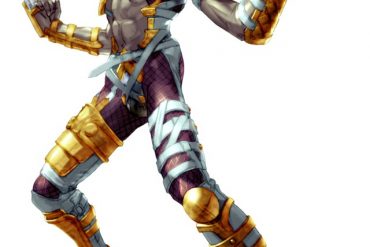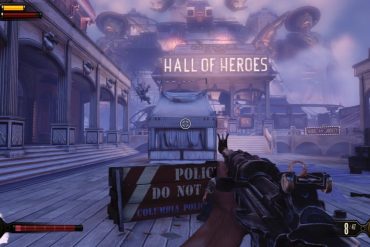This Year in Videogame Blogging: 2019
…are a frequent consequence of traumatic experiences, and in particular, many popular anti-war narratives, like Catch-22 and Jacob’s Ladder, show memory issues as a symptom of PTSD.
Metal Gear
It’s always Metal Gear O’Clock on the internet, but especially in light of Death Stranding‘s release, 2019 was a banner year for all things Snake. Heather Alexandra’s series of retrospectives is, of course, essential. At Fanbyte, Moira Hicks made the case that Metal Gear is a magical realist series.
Others
At Deorbital, Ty Gale took a look at beloved indie Bastion and the “power fantasy” of…








